

- Электронная библиотека
- E-university
- Дистанционное обучение
- Расписание занятий
- Иностранному студенту
- Стипендии и гранты
- Центр оказания услуг студентам
- Street Law
- Академическая мобильность
- Зарубежные профессора
- Тренинги и майнер курсы
- Клубы и кружки, мастер-классы и фестивали
- Задать вопрос
- Способы борьбы с коррупцией
- Образовательные гранты
- Toshkent davlat yuridik universitetida kiyinish tartibi
Студентам
Cross sectoral dialogue about SDGs
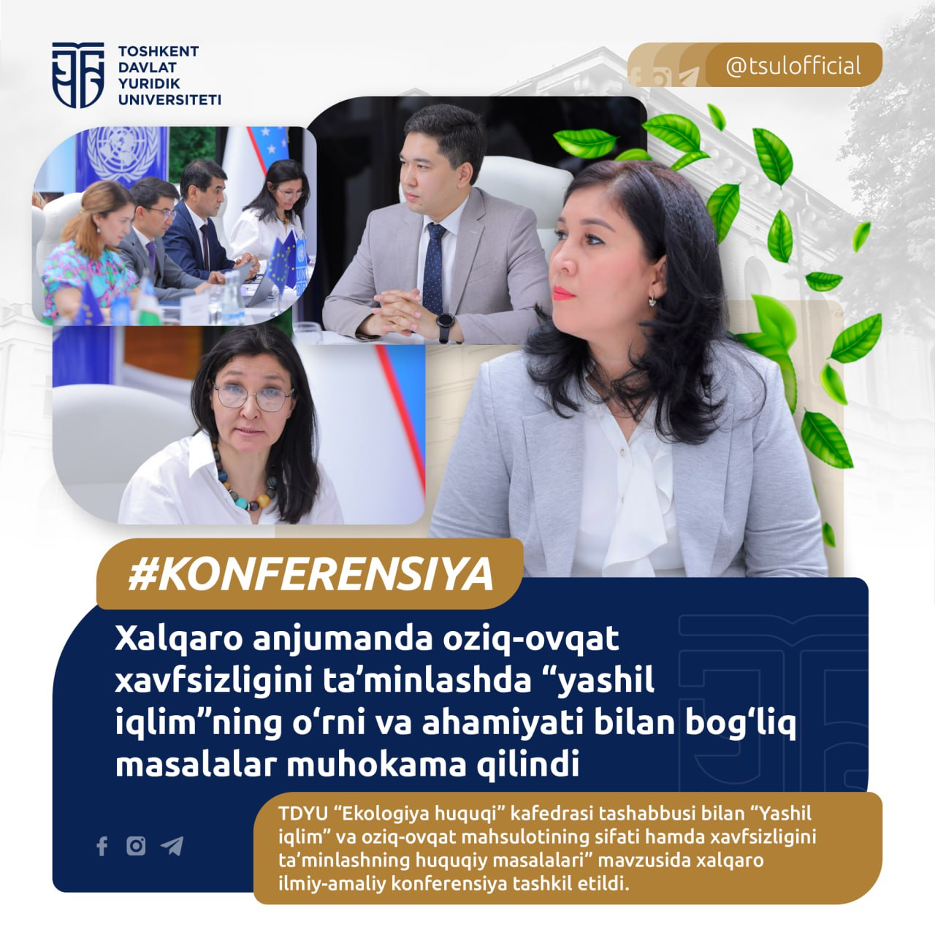
The international conference discussed issues related to the role and importance of the "green climate" in ensuring food security
On the initiative of the Environmental Law Department of Tashkent State University of Law organized the international scientific-practical conference "Green climate and legal issues of quality and food safety".
The international conference was attended by members of the Legislative Chamber of the Oliy Majlis of the Republic of Uzbekistan, the UN Development Program Office in Uzbekistan, the Office of the UN Food and Agriculture Organization in Uzbekistan, the International Fund for Saving the Aral Sea Agency, the Central Asian Regional Environmental Center, Environmental Party of Uzbekistan, Ministry of Economy and Finance of the Republic of Uzbekistan, Ministry of Ecology, Environmental Protection and Climate Change of the Republic of Uzbekistan, Ministry of Agriculture of the Republic of Uzbekistan, Ministry of Health of the Republic of Uzbekistan, Committee on Veterinary and Livestock Development under the Ministry of Agriculture of the Republic of Uzbekistan, Forestry Agency under the Ministry of Ecology, Environment Protection and Climate Change of the Republic of Uzbekistan, Specialists and staff of Plant Protection Agency under the Ministry of Agriculture of the Republic of Uzbekistan, Professors, doctoral students, and independent researchers from higher education institutions in the United States, Russian Federation, Poland, Kazakhstan, Tajikistan, National University of Uzbekistan, Karakalpak State University, University of Public Security, The Customs Institute, Tashkent State University of Economics, Tashkent State Agrarian University, National Research University "Tashkent Institute of Engineers of Irrigation and Mechanization of Agriculture," Termez State University, and Tashkent State University of Law.
The conference discussed such issues as the place and role of the "green climate" in ensuring food security, the prevention of climate threats and mitigation of their consequences while ensuring a "green climate", the current state and development of climate legislation of the Republic of Uzbekistan, the scientific and legal basis of the "green climate" and its financing, the activities of international organizations in ensuring food security, the state and prospects of legislation development in the field of food security and food safety.
Also, information on the "green climate" and the experience of foreign countries (using the example of EU countries, USA, CIS) to ensure the quality and safety of food products was presented.
During the international conference, proposals and recommendations were developed to improve the legislation of the Republic of Uzbekistan to ensure a "green climate", food quality and safety in terms of sustainable development.

TSUL and the Davis Center of Harvard University discussed the issues of cooperation
The Deputy Director of the Davis Center Maria Altamore and Project Coordinator Alexander Abashkin visited Tashkent State University of Law.
At the beginning of the meeting, organized on the occasion of the event, information on the university, teaching and educational processes, international relations were provided.
At the event, the issues of establishing cooperation between TSUL and the Davis Center were discussed. They also exchanged views on the Davis Center's assistance in recruiting professors and experts to teach at TSUL.
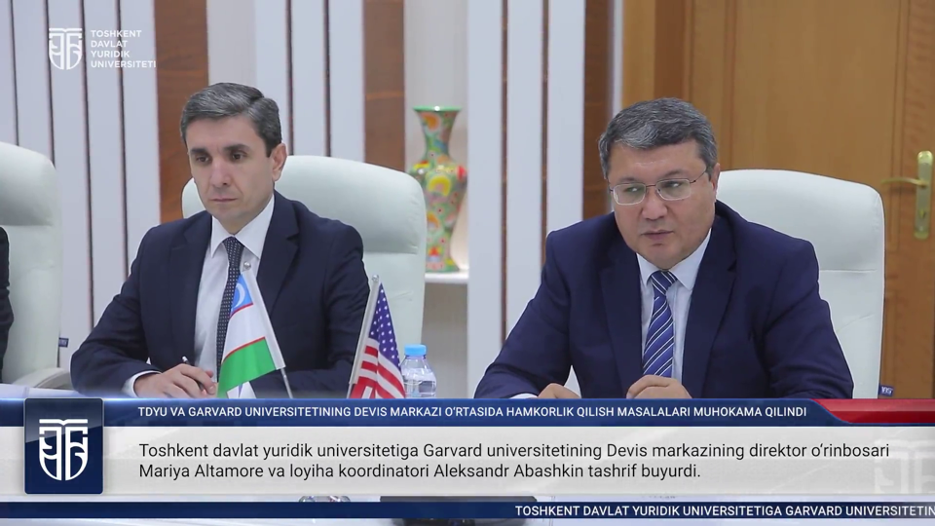
Transformation of TSUL into the English education system is being considered
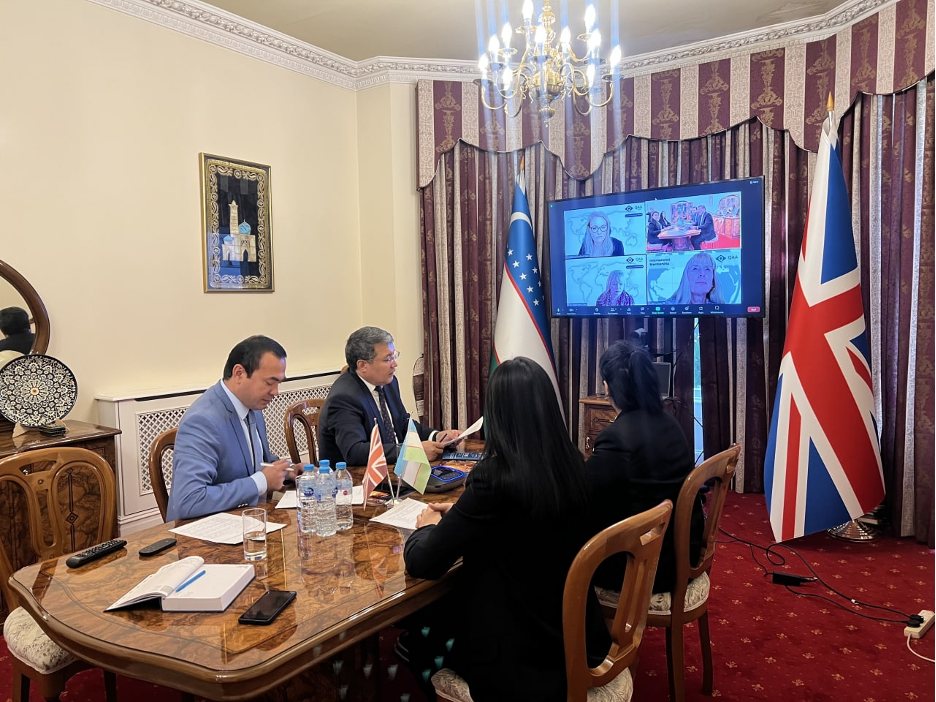
The visit of a university delegation headed by the rector of Tashkent State University of Law Akbar Tashkulov to the United Kingdom began.
On the first day of the visit, a meeting was conducted with the representatives of Queen Mary University in London to discuss cooperation on the transformation of Tashkent State University of Law into the English education system.
At the meeting, the possibilities of the Queen Mary University for the implementation of the English educational standards in the management, research, and teaching processes of TSUL were considered, as well as the first discussion of further plans based on the experience of cooperation with other universities in the world in this direction.
It should be noted that Queen Mary University is ranked 26th in the world in the prestigious QS international ranking in the field of law and eighth in the UK.
In the course of their visit to Queen Mary University, the delegation visited the Mile End Campus and got acquainted with the facilities, organization of the teaching process at the School of Law, and activities at the university library.
The visit of TSUL delegation to other universities and educational institutions of Great Britain continues.
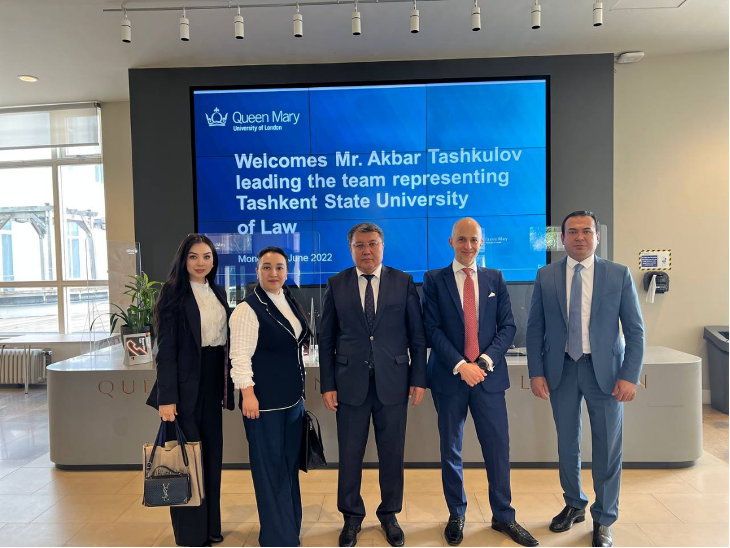
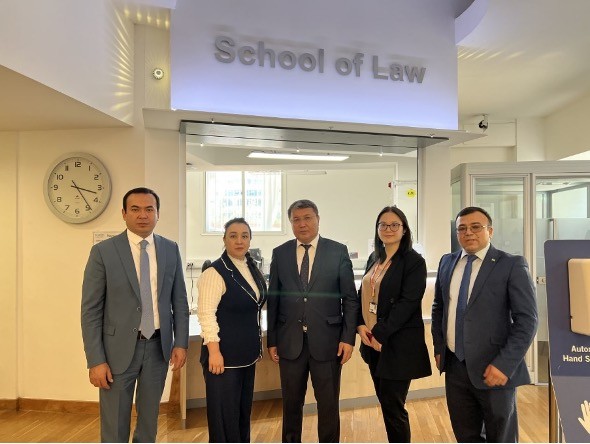
Islambek Rustambekov, Acting rector of TSUL, met with representatives of the UK Higher Education Quality Assurance Agency (QAA)
Islambek Rustambekov, Acting Rector of Tashkent State University of Law, visited the UK Higher Education Quality Assurance Agency (QAA) and there was held a strategic meeting with representatives of this organization.
At the meeting, special attention was paid to the issues of strengthening and further developing cooperation between Tashkent State University of Law and QAA.
At the event, an exchange of views took place on important issues aimed at preparing Tashkent State University of Law for international accreditation conducted by the QAA, and the possibility of conducting trainings by QAA specialists for those responsible for the relevant areas of TSUL employees and thereby increasing their knowledge and skills in international accreditation was discussed.
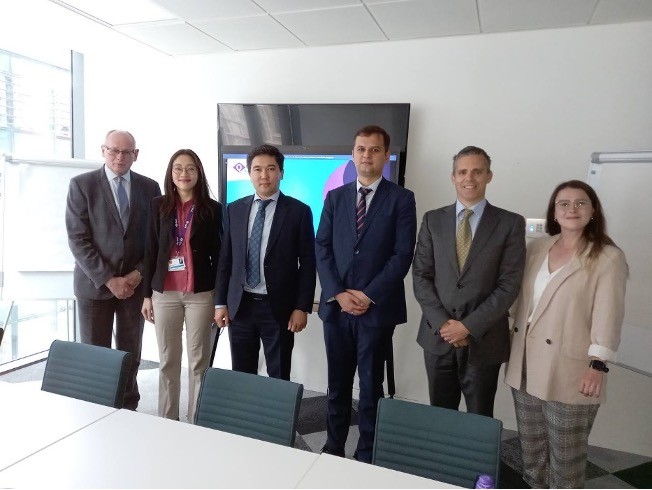
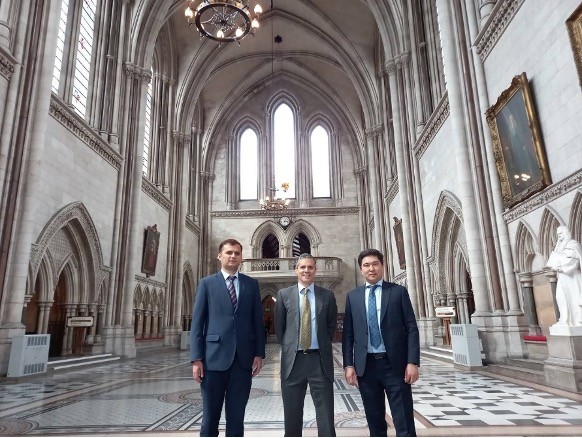
Tashkent State University of Law will be transformed in steps
Department of Transformation of Tashkent State University of Law started to prepare Tashkent State University of Law for the international accreditation conducted by QAA - UK Quality Assurance Agency.
A series of training sessions aimed at improving the curricula (syllabuses) in line with international standards were organized in this regard with financial support from the international NGO "Regional Dialogue". The training was conducted by invited trainers-experts from Great Britain: Professor Richard Grimes (independent expert) and Professor Stephan Levet from York University Law School.
The training was attended by employees of the Department of University Transformation, Department of Educational Quality Control, Educational and Methodological Department (Registrar's Office), deputy deans of faculties on academic affairs, and lecturers responsible for the academic direction of the departments.
During the sessions, there were discussed the requirements of the QAA UK curriculum (syllabuses), assessment and training based on syllabuses, the impact of syllabuses, the relationship of the curriculum and syllabuses, SMART principle in determining the expected module outcomes, important aspects to pay attention to when designing an assessment.
Participants will organize workshops in their organizational units based on the information they learned in the training and communicate the information to their colleagues.
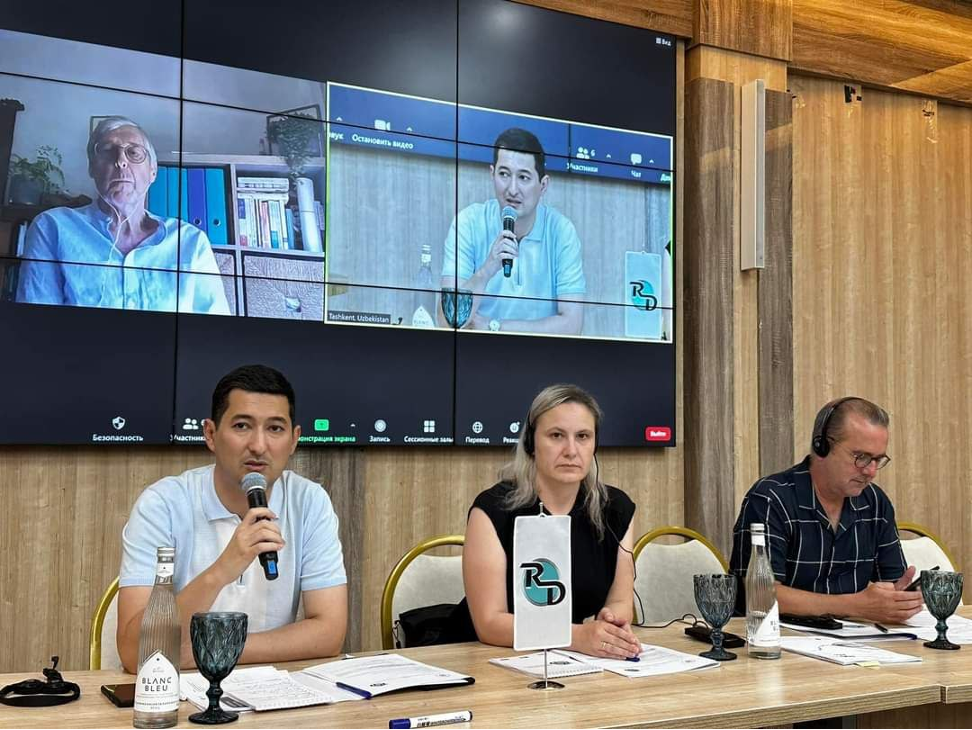
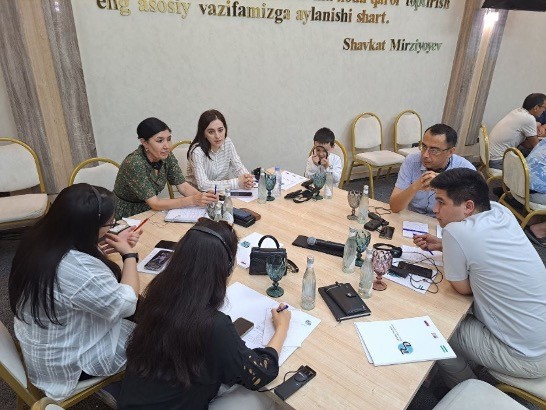
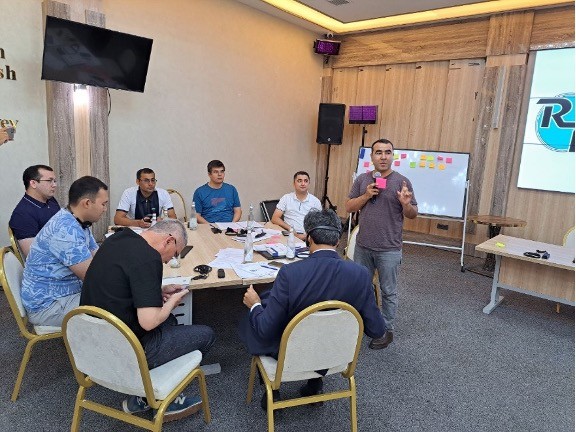
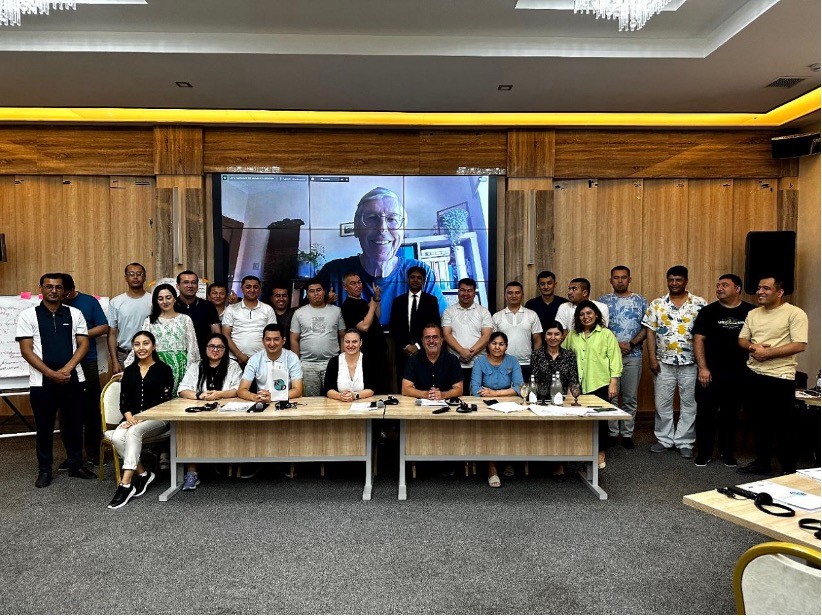
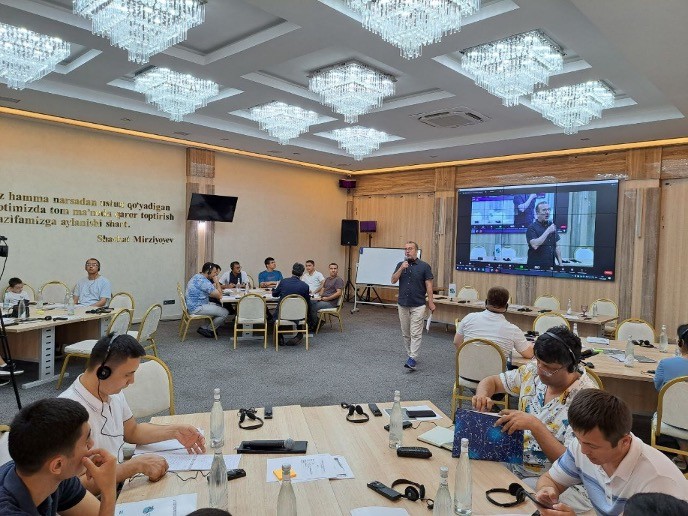

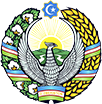
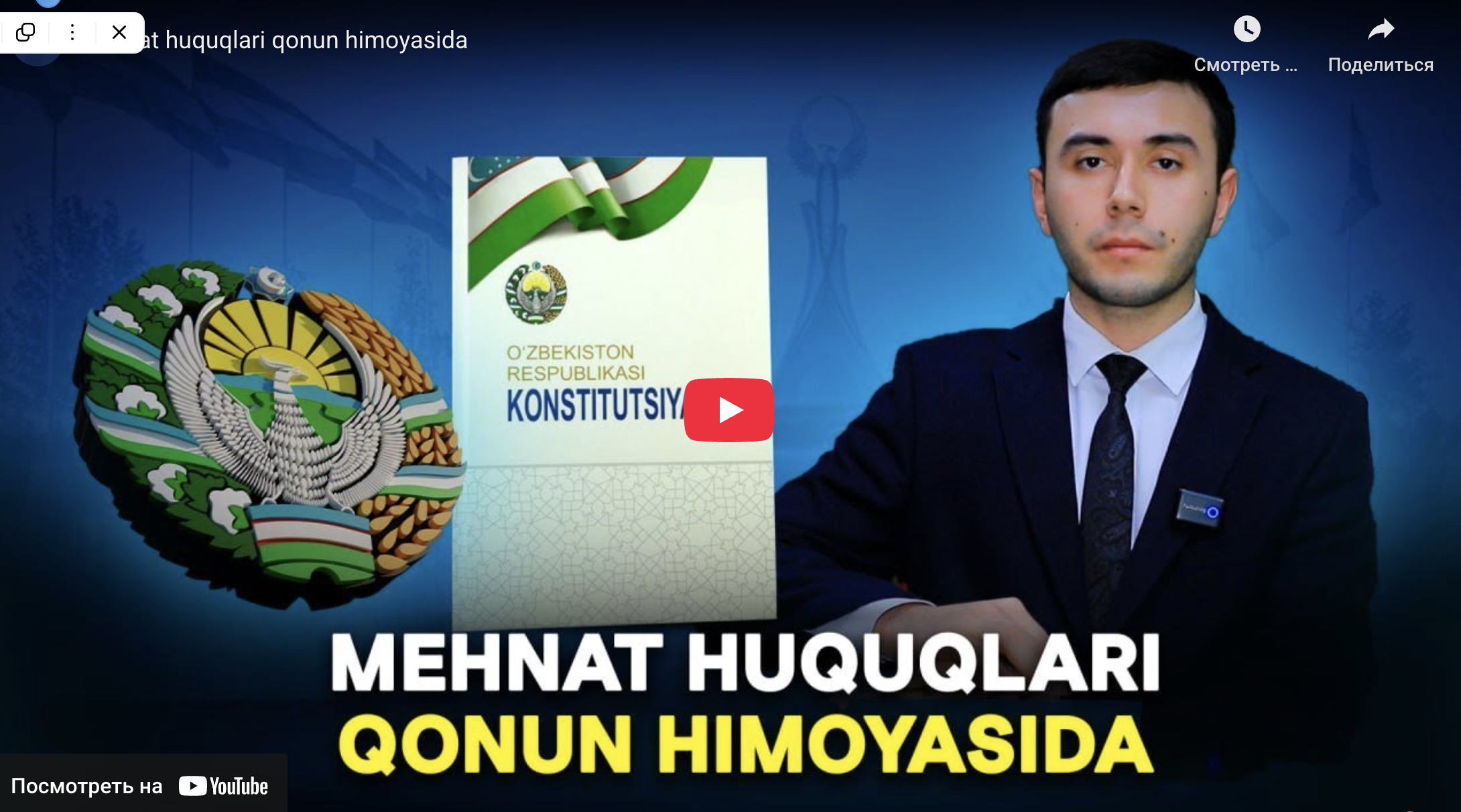
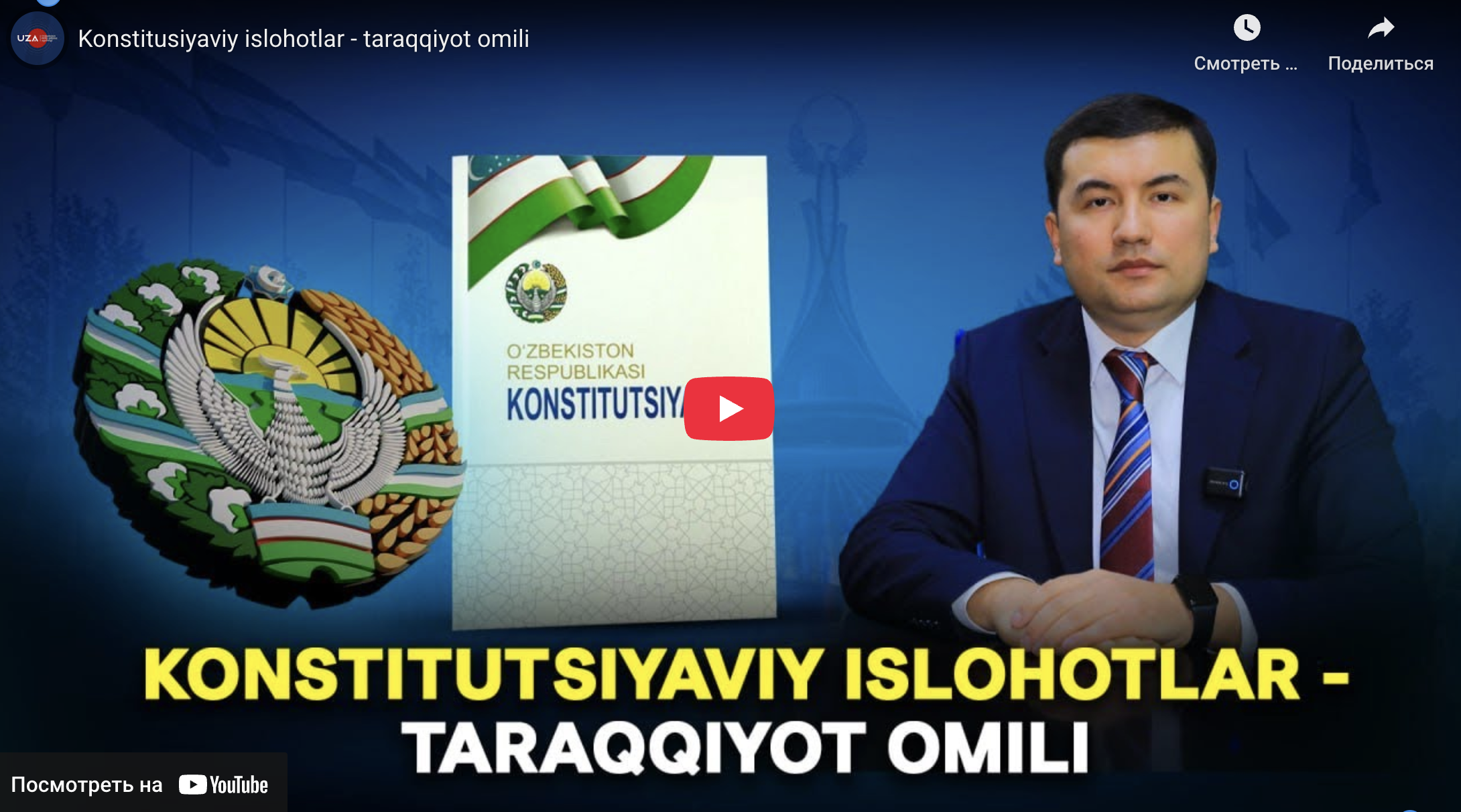
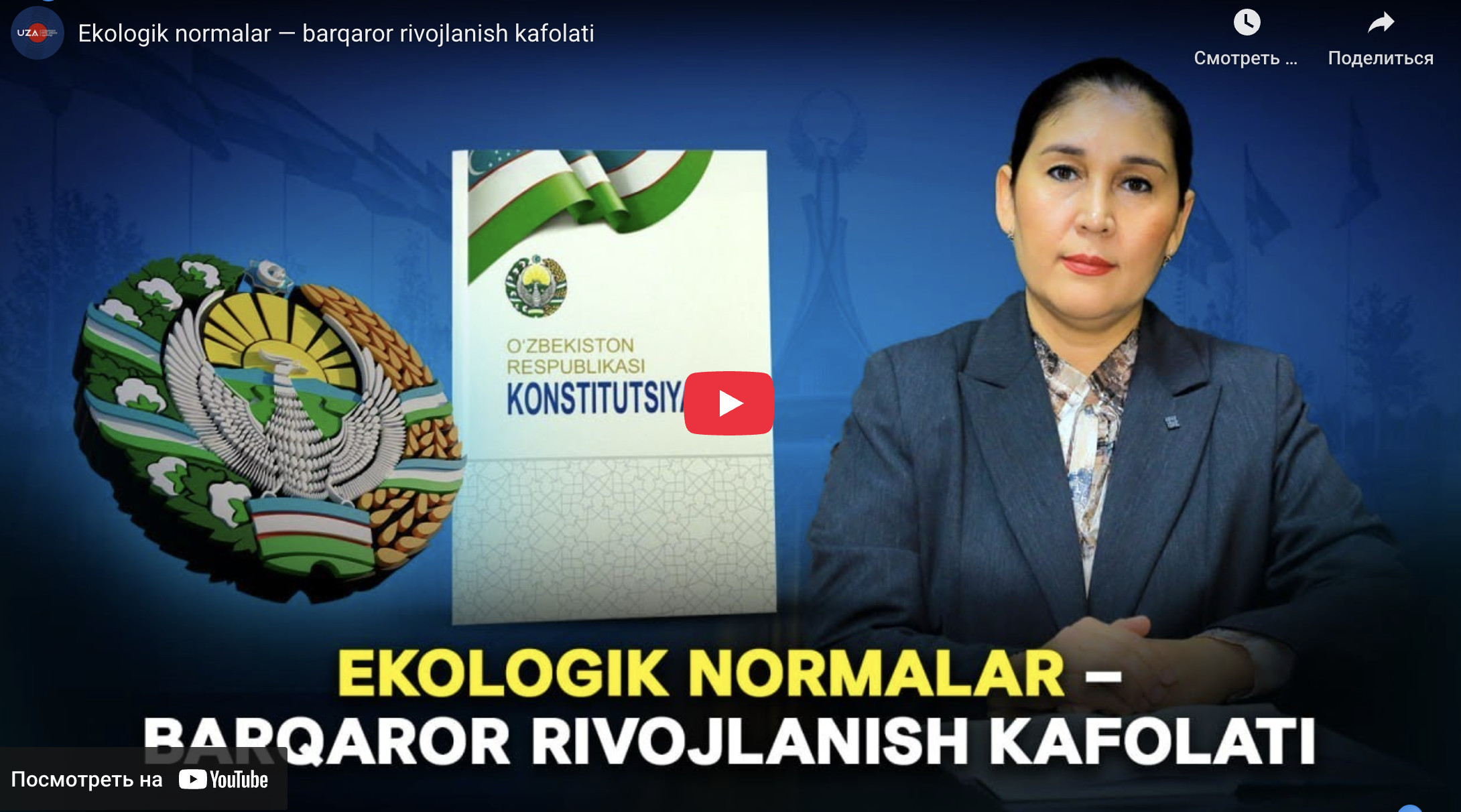
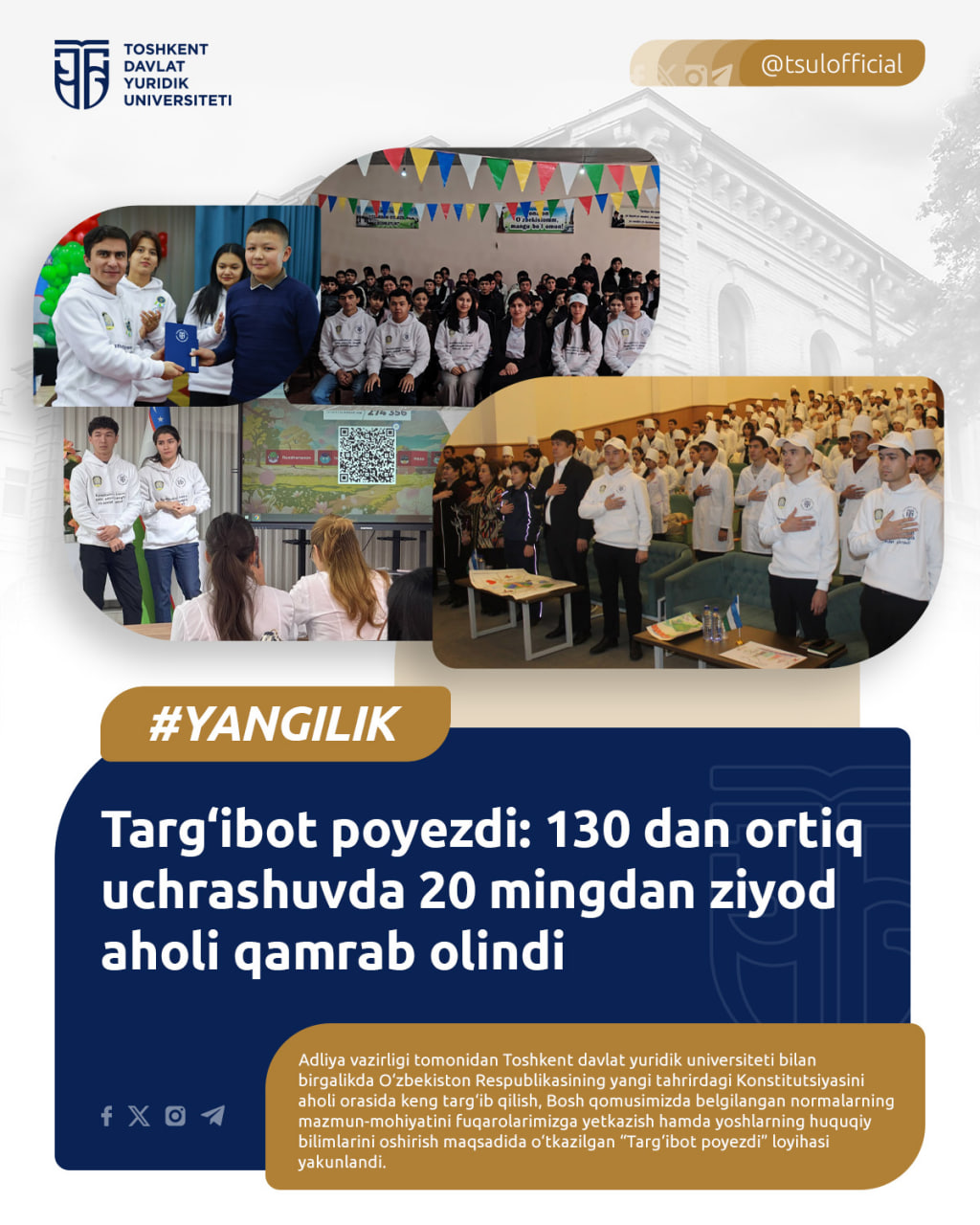
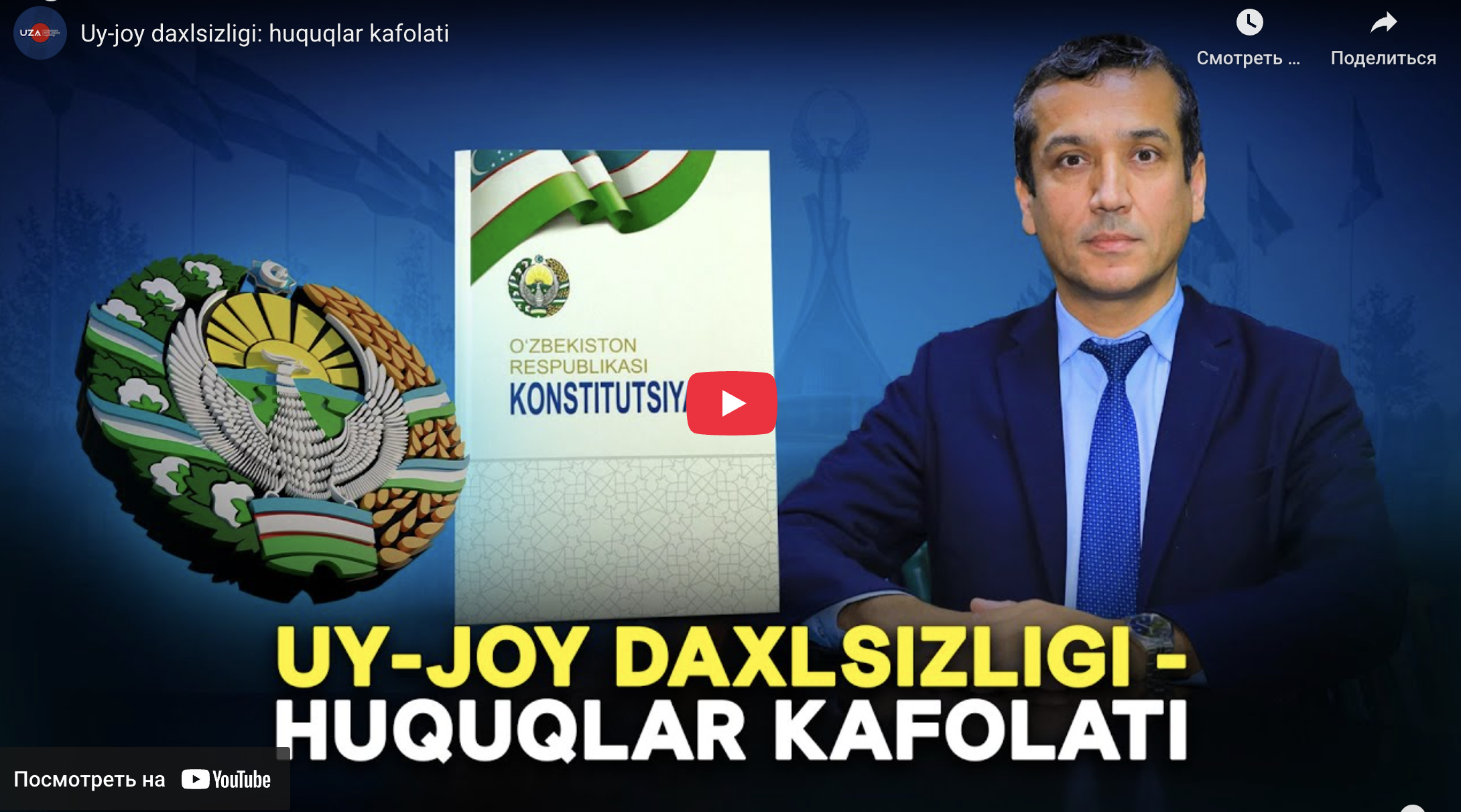
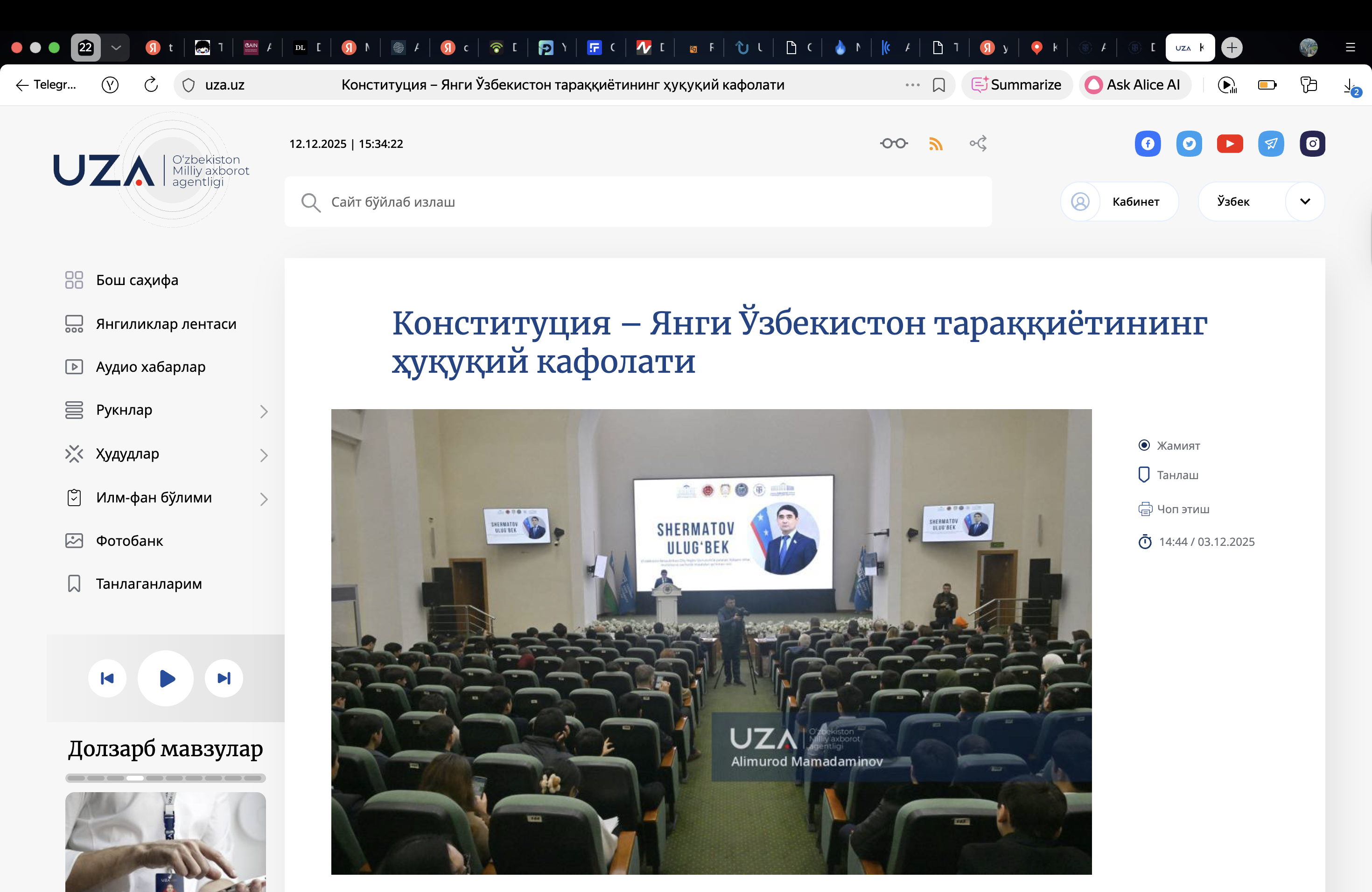
 Load More Post...
Load More Post...